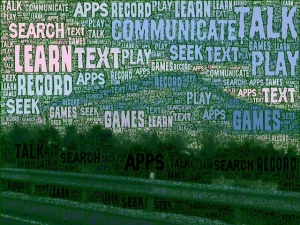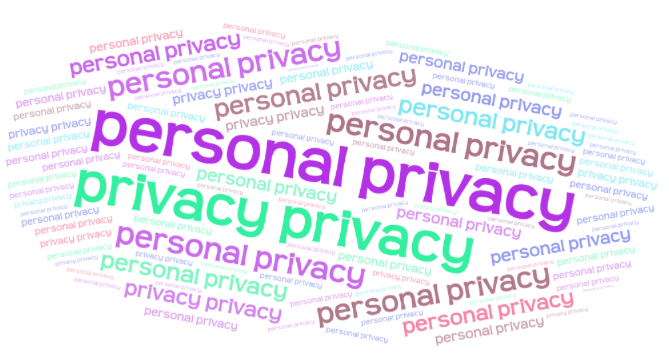 These days I hear many people talking about the First Amendment to the United States Constitution, but as they talk I often wonder how much they really understand about the document? Can they describe the five freedoms and how those freedoms affect people’s lives in the United States? Children and adults probably need to learn lots more.
These days I hear many people talking about the First Amendment to the United States Constitution, but as they talk I often wonder how much they really understand about the document? Can they describe the five freedoms and how those freedoms affect people’s lives in the United States? Children and adults probably need to learn lots more.
An excellent NewseumEd activity, designed for students in grades three through eight, introduces the First Amendment using materials, discussion, and scenario examinations that explore how the First Amendment works in real-life situations. Similar resources are available at the website for high school and college learners.
Below are some interesting facts from the activity, although students will discover much more. Continue reading “All About the First Amendment at NewseumEd”

 Ethan Lindenberger grew up in an anti-vaccine (anti-vax) family, surrounded by misinformation, but at age 18 he decided to get his vaccinations despite his parents’ protests.
Ethan Lindenberger grew up in an anti-vaccine (anti-vax) family, surrounded by misinformation, but at age 18 he decided to get his vaccinations despite his parents’ protests. 


You must be logged in to post a comment.